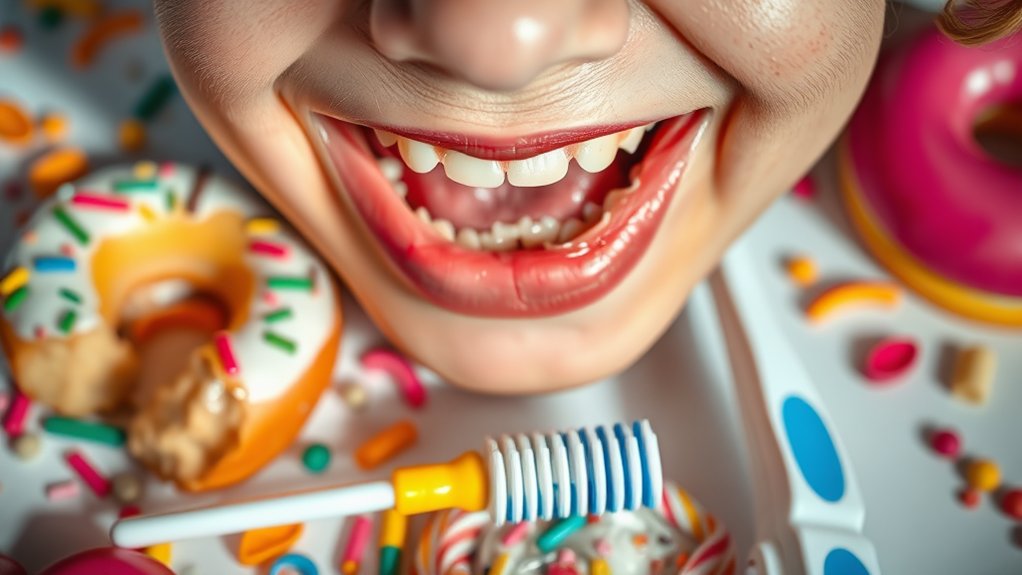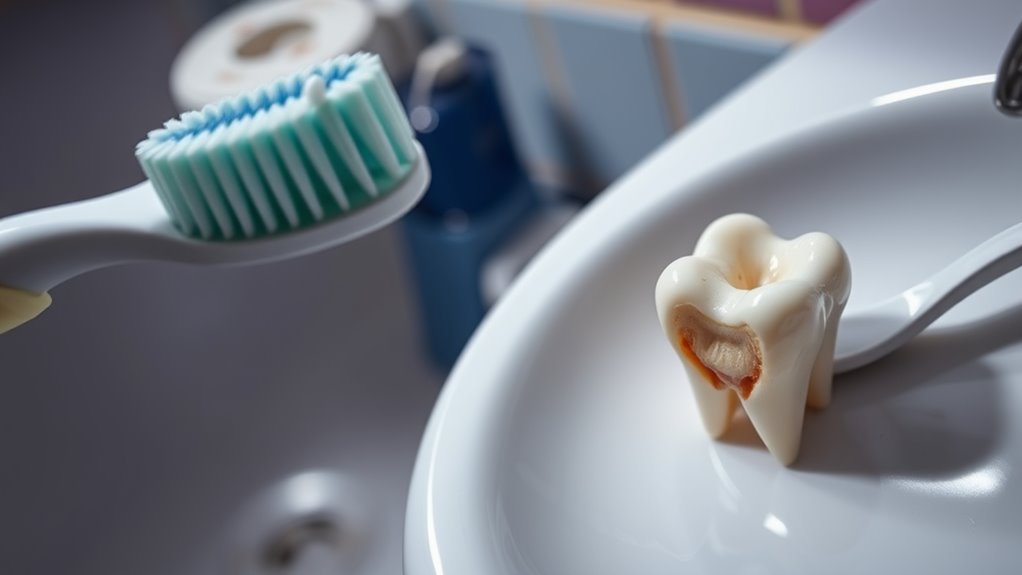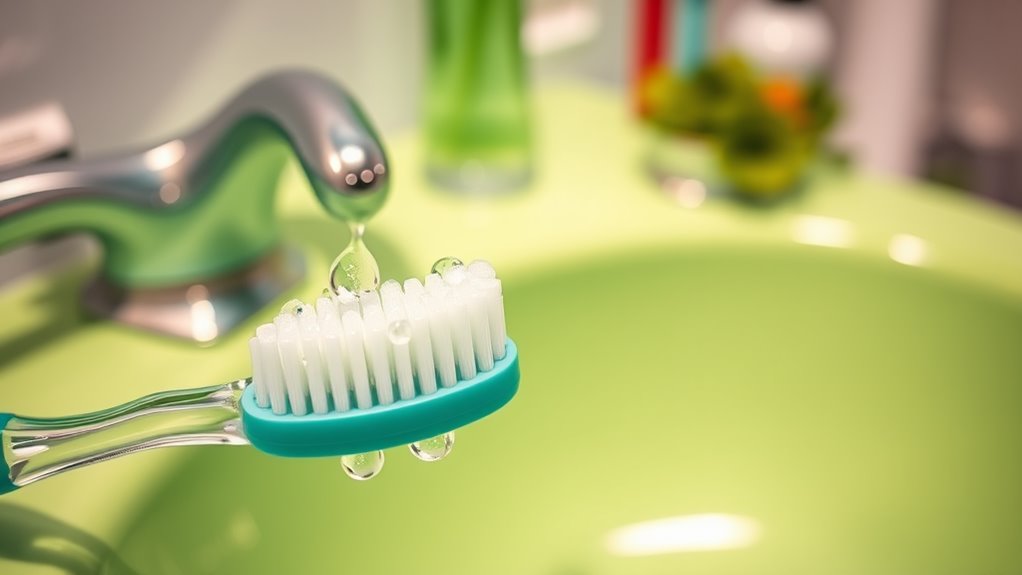Is Sugar the Only Culprit Behind Cavities.
When you think of cavities, sugar likely comes to mind first. It’s true that sugar feeds harmful bacteria, leading to enamel erosion. However, the cavity crisis isn’t solely about sugar consumption. Factors like acidic foods, poor hygiene habits, and even your saliva’s role are equally significant. What other hidden risks might be lurking in your daily routine that contribute to tooth decay? Exploring these could reshape your understanding of oral health.
The Role of Sugar in Cavities
Is Sugar the Only Culprit Behind Cavities.
The Role of Sugar in Cavities
While it’s easy to blame sugar for cavities, the truth is a bit more complex. Sugar acts as food for harmful bacteria in your mouth, leading to acid production that erodes tooth enamel.
However, it’s not just sugar itself causing cavities; it’s how frequently you consume it and your overall oral hygiene that matters. Frequent snacking on sugary foods gives bacteria constant access to sugar, increasing acid exposure.
Moreover, individual factors like saliva production and diet play crucial roles in cavity formation. Understanding sugar’s role helps you make informed choices for better dental health, mitigating cavity risks effectively. Additionally, neglecting dental care can significantly heighten your risk of multiple cavities.
Bacteria: The Hidden Threat
Although many people focus on sugar as the primary cause of cavities, the bacteria that thrive in your mouth pose an equally significant threat. Streptococcus mutans, for example, converts sugars into acid, leading to demineralization of tooth enamel. Understanding the bacterial composition in your mouth is crucial for maintaining oral health. Additionally, keeping bacteria in check is essential for maintaining a healthy smile.
| Bacteria | Role in Cavities | Prevention Methods |
|---|---|---|
| Streptococcus mutans | Acid production | Good oral hygiene |
| Lactobacillus | Tooth decay progression | Regular dental check-ups |
| Actinomyces | Biofilm formation | Limit sugary snacks |
| Porphyromonas | Gum disease connection | Floss daily |
| Veillonella | Sugar fermentation | Use fluoride toothpaste |
The Impact of Diet on Oral Health
Diet plays a significant role in your oral health, directly influencing the development of cavities and overall dental well-being.
Consuming high amounts of sugar isn’t the only concern; acidic foods and beverages can erode enamel, increasing cavity risk. A diet rich in fruits, vegetables, proteins, and whole grains provides essential nutrients that strengthen teeth and gums.
For instance, calcium and vitamin D support enamel integrity while fiber aids saliva production, which neutralizes acids.
Moreover, hydration is crucial; drinking water helps wash away food particles and bacteria. Thus, avoiding sugary snacks is essential to maintaining long-term gum health and cavity prevention.
Thus, your dietary choices profoundly affect your mouth’s health and resistance to cavities.
The Importance of Oral Hygiene
Good oral hygiene is crucial for preventing cavities and maintaining overall dental health, as it helps remove plaque—the sticky film of bacteria that forms on teeth.
Brushing twice a day with fluoride toothpaste and flossing daily are your best defenses against decay. Studies show that consistent oral care reduces the risk of cavities significantly. Regular flossing disrupts bacterial colonies that contribute to tooth decay and gum disease.
Regular dental check-ups facilitate early detection of potential issues, ensuring timely intervention.
Additionally, maintaining a balanced diet rich in nutrients can strengthen your enamel.
Other Contributing Factors to Cavities
While sugar often gets the spotlight as the primary cause of cavities, several other factors can significantly contribute to tooth decay.
Poor oral hygiene, like infrequent brushing and flossing, allows plaque buildup to thrive, promoting decay.
Additionally, acidic foods and beverages wear down enamel, making teeth more susceptible to cavities.
Saliva plays a crucial role in neutralizing acids and washing away food particles; reduced saliva flow, often due to dehydration or certain medications, can heighten cavity risk.
Genetics, like inherited enamel defects, also matter. Certain medications can reduce saliva production, further increasing susceptibility to cavities.
Addressing these factors helps you combat cavities more effectively than just cutting down on sugar.




